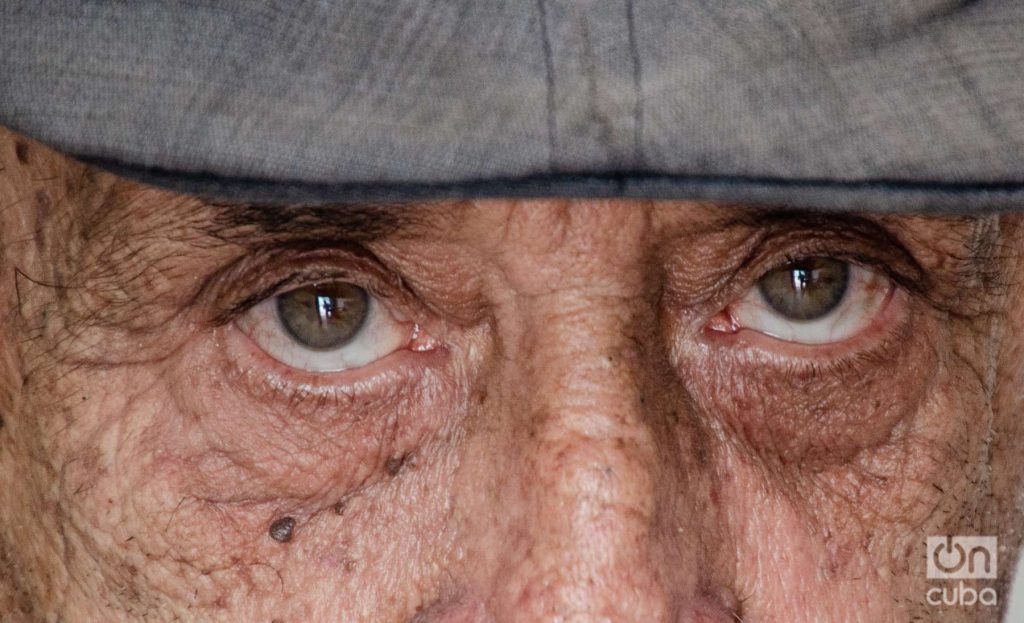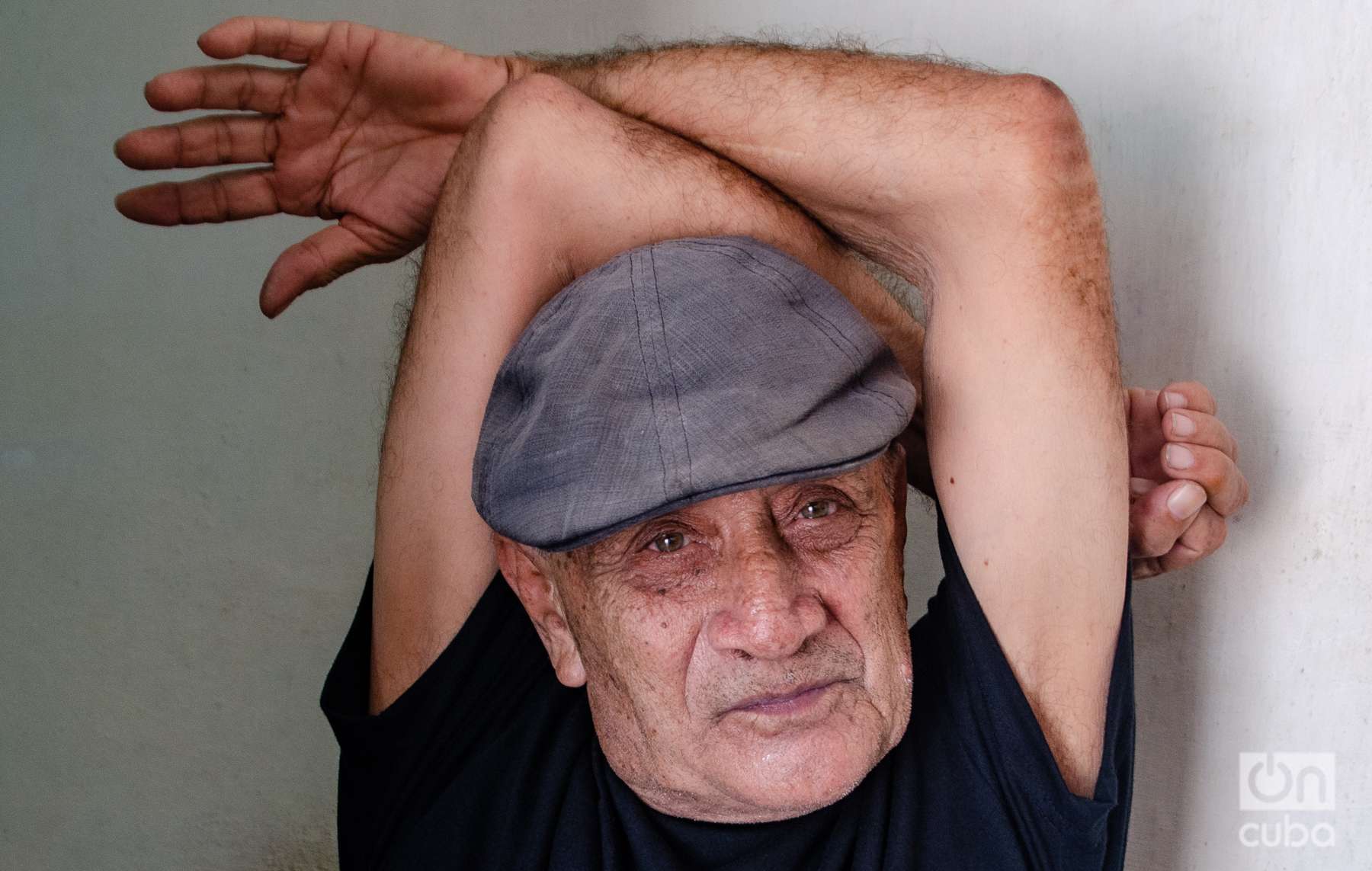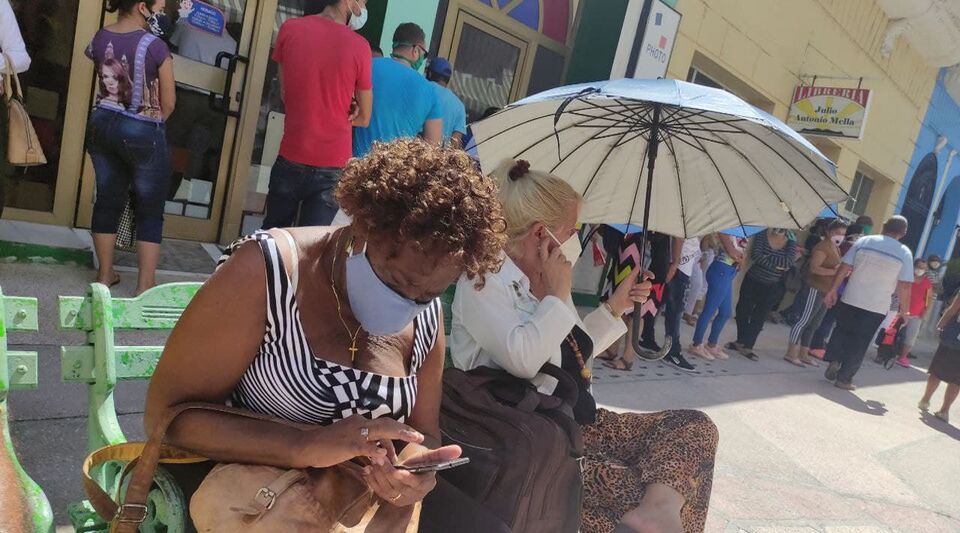The Holguin poet should be read a lot Dolphin Prats (1945). She does good to the soul. His poetry reworks the ordinary and enhances the mundane with special sensitivity. At the same time, he distances himself from the trivial and creates a (his) lyrical universe wide open to the reader. It is an exercise in enjoyment for introspection that is very rare to find.
maybe now that He received At the age of 77, the 2022 National Literature Award, after years in which recognition was “elusive”, his texts and his figure begin to have the disclosure they always deserved.
But as much or more than reading it, Delfín should be crossed; Share and talk with him at least once in your life. It is an unusual experience that I wish everyone.
It is the strong feeling I had when leaving his house for the first time, in a bustling and peripheral neighborhood of the city of Holguín, at the end of a couple of hours of affable conversation. Today, 16 years after that baptism and other meetings with the poet, I still feel the same.
I arrived at Delfín almost ignoring who that man with a fragile complexion, tender gaze and scorching words was.
His talk was actually with my friend Leandro Estupiñánwho invited me that afternoon to be a photographer for an interview that became, over time, a famous x-ray of an extraordinary human being and creator.
Delfín entertained us with guava cake, coffee and his naked world. In a short time I went from being a commissioned photographer to a fascinated listener.
Among the passages of the conversation, published in 2006 in The Cuban Gazette, there is a very revealing fragment. Leandro asks Delfín about Hiram Pratt, the nickname chosen for him by his friend and great Holguin writer Reinaldo Arenas in Before Night Falls. Arenas tells —and even fables— about his youthful adventures:
“Reinaldo Arenas says that Delfín Prats was a talented and satanic Hiram Pratt,” the interviewer launches.
I don’t think I was satanic. He was a young boy, very young then.
—It also affirms Hiram Pratt as one of the best poets of his generation, but who ended up drunk and debased.
—I couldn’t believe that of being one of the best poets of my generation. And what generation? He had arrived late at the Bridge, but he, too, had no place in it. The alligator, almost all university students and exclusive of that type of discourse that I brought to that decade, where an ossified neo-romanticism survived. Believing oneself among the best of that decade or of that promotion would be an act of vanity. When it comes to pointing out affinities, I think my poetic writing was closer to that of Lina de Feria or the first books by Nancy Morejón. The debased thing is circumstantial, the alcoholic thing, well… I confess that I have drunk, and that almost everything I have written I owe to the power of annoying hangovers. It is something that coincides with the bohemia that I lived during those years, with my enjoyment of the Havana night. It was a very intense life.
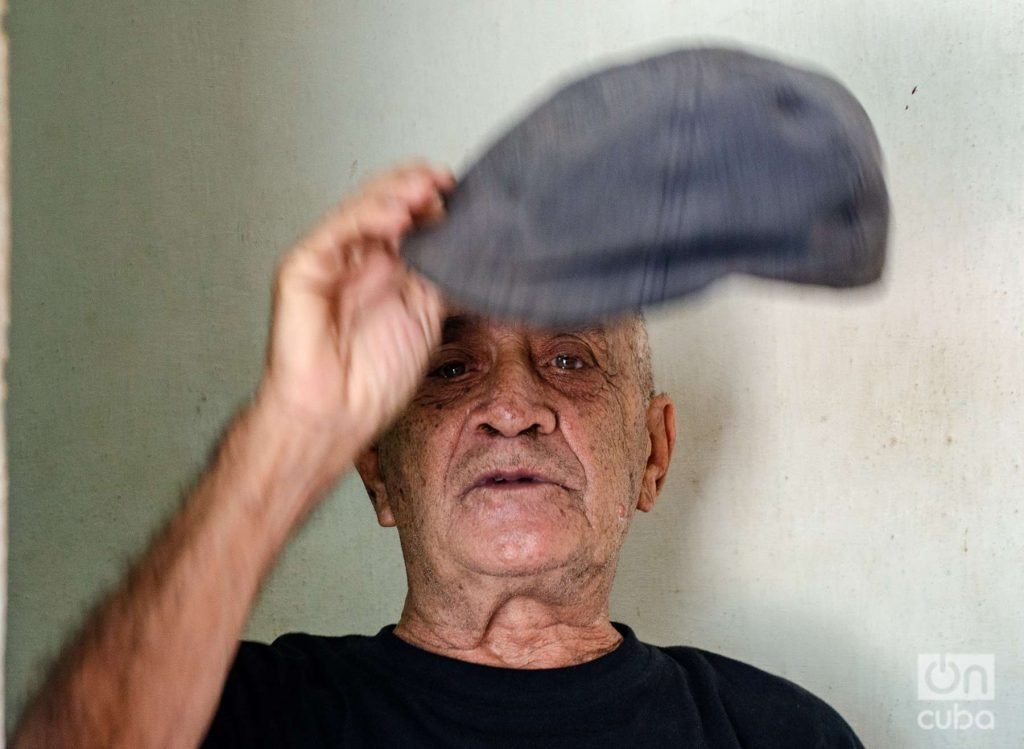
From that visit I shot out to devour Delfín’s poetry. I couldn’t believe we had such a writer in town and that I had been missing out until then.
From then on I attended his live readings as much as I could. We established a loving relationship. When I wrote my book Cuba Viva, in which I turn my gaze to my country, it was essential for me to include a portrait of Delfín among the personalities that have influenced her.
Hugs multiplied, poems from his side and photographs from mine. Share coffees, talks and even some bad rums.
Over time I treasured his collections of poems as relics. Among them I have a beautiful, special and limited edition of the Holguin Cuadernos Papiro del mythical Language of dumb There are only 100 copies, with garlic fiber leaves and illustrated by hand by the artist Freddy García, through xylography.
At just 23 years old, Delfín obtained the precious David Prize with the booklet in 1968.
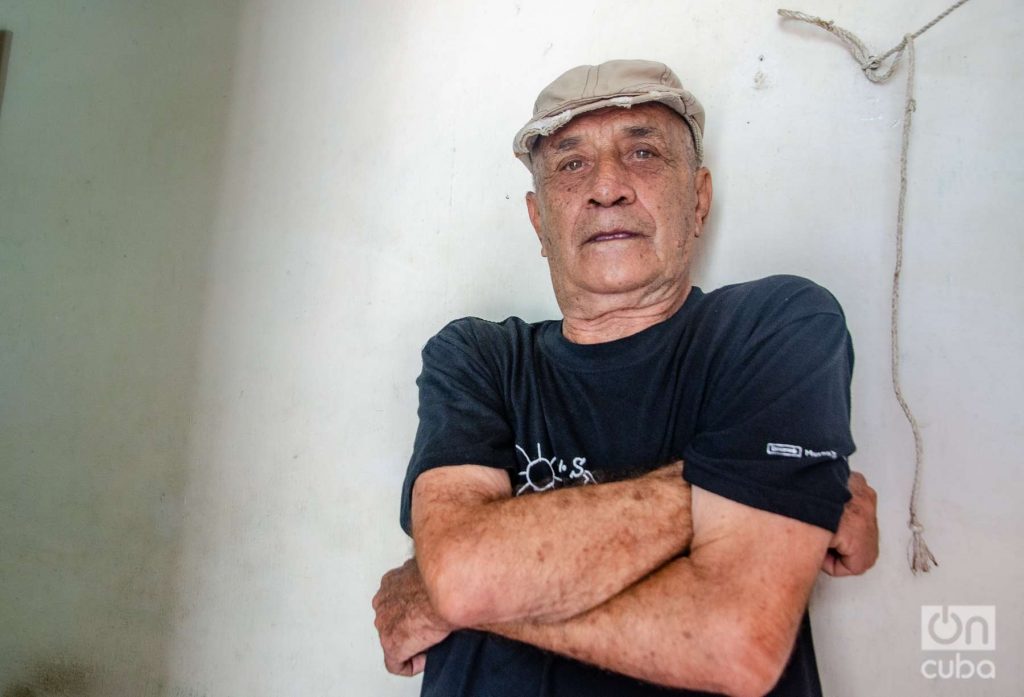



Language… It was a cursed and censored book. It went almost directly from the printing press to the grocery store. But they couldn’t bury him. It became an obligatory reference on the map of Cuban literature.
They killed him so many times, and language of dumb was always reborn. It accumulates four editions and there is no anthology on national or international Cuban poetry, official or apocryphal, that does not include at least “Humanity”, the poem that opens the book.
Delfín shattered the popular adage that no one is a prophet in his land.
Other memorable books: To celebrate the rise of Icarus (Critics Award in 1988); Five shipments to Arboleda (story, 1991); splendor and chaos; open the constellations (poetry, 1994) and Amatory Lyric (poetry, 2002).
Of open the constellations I have a unique copy. It was published in 1994 by the publishing house Unión de la Uneac. The print run, on poor-quality, yellowish paper, came out with misprints. This is how the volume was distributed by Cuban bookstores and acquired by readers.
My copy is special because, in one of my meetings with Delfín, I had the privilege of having him read it aloud. The poet, with great patience and like a renaissance goldsmith, went through his poetry page by page. Before each error, he amended with blue ink syllables, words; he crossed out punctuation marks and recomposed entire verses that had been mutilated.
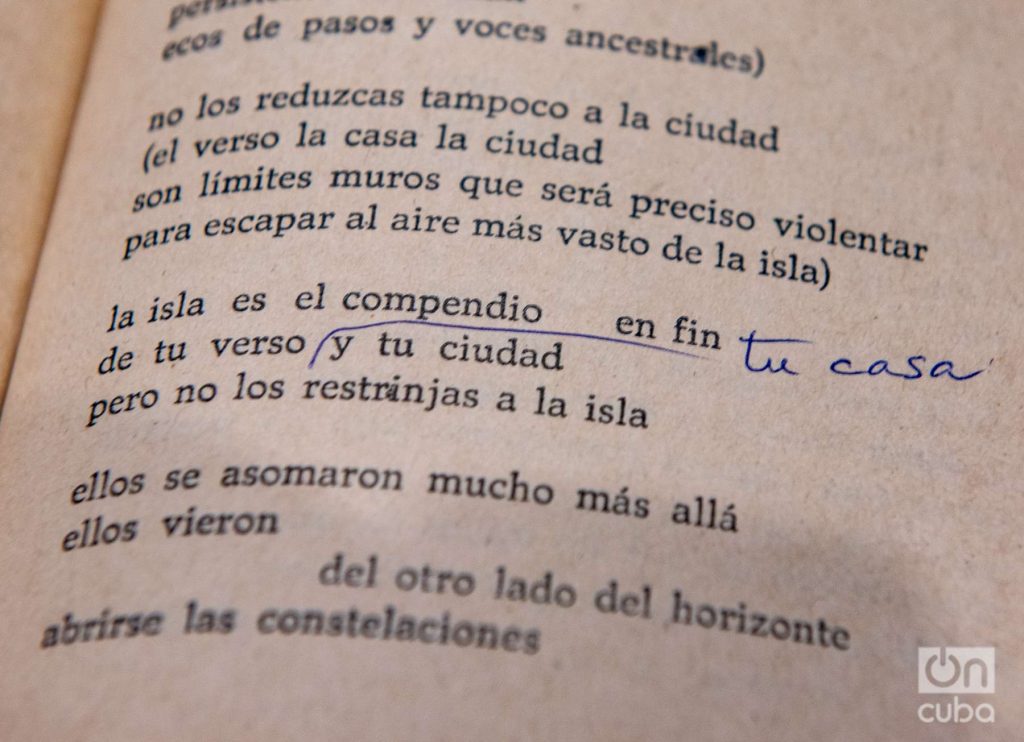



![]()
![]()
There is a poem (the one that gives the book its name) that portrays the moment lived:
open the constellations
To Cintio and Fina
the hero remains
[…]
RM Rilke
don’t reduce them
to space
too narrow of your verse
(your tree is a tree
raised in the middle of the savannah
against the one who looms
the tight solitude of the night)
don’t lock them in your house
(your house is a refuge
and solid
but in its depth
persistent resonate
echoes of footsteps and ancestral voices)
do not reduce them to the city either
(the verse the house the city are limits
walls that will have to be broken
to escape to the wider air of the Island)
the island is the compendium in short
of your verse your house and your city
but don’t restrict them to the island
they looked far beyond
they saw
on the other side of the horizon
open the constellations
![]()
![]()
Delfín’s books have accompanied me for years in the changes of my life. First from Holguín to Havana, and then from Cuba to Argentina.
His texts are among the few objects that have not succumbed to my wandering. Delfín’s books have been in full view in every indoor bookshelf that he has had on his head. And they are. I feel safe having them on hand. Faced with uncertainty, for example, I reach out to one of those companions, open a page at random and drink a Prats verse.
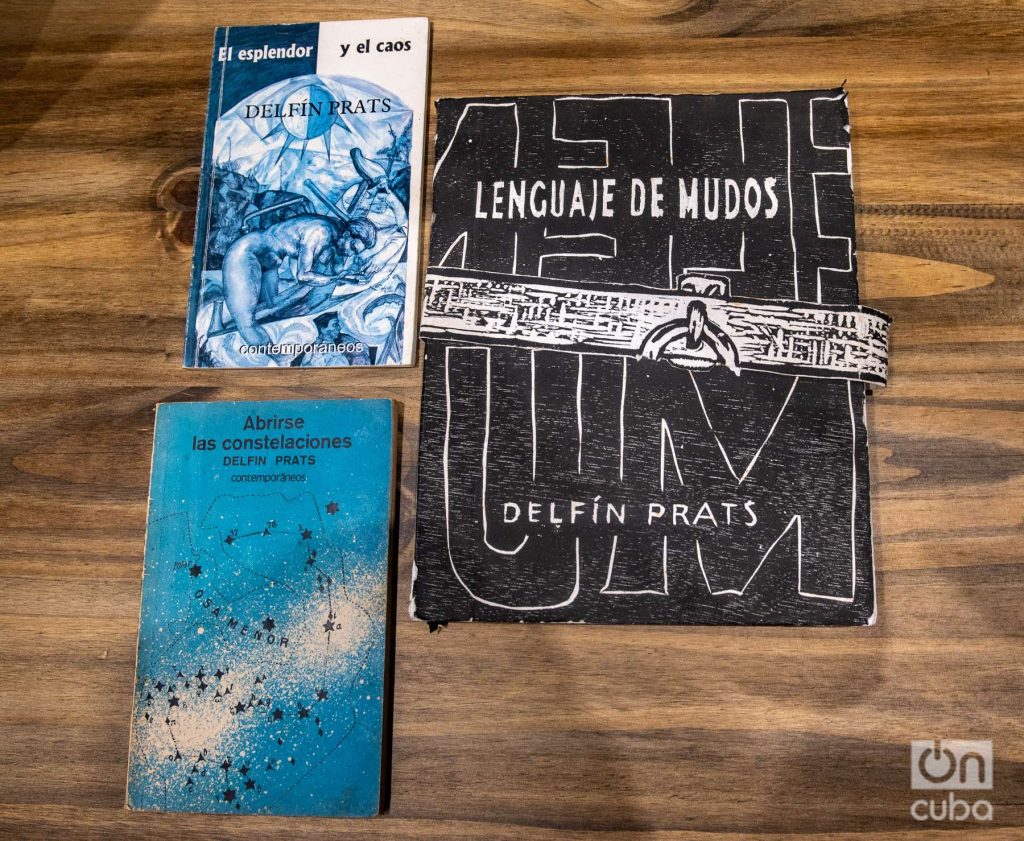



A couple of years ago, more than a decade after our first meeting, I showed up by surprise one afternoon at Delfín’s house. Like 16 years ago, the door was ajar and the gate closed.
I touched with two blows. The poet immediately poked his head in and, when he recognized me, he blurted out with a broad smile: “Come in, I just made coffee.”
Thanks to this concurrent chance or, to resort to a verse by Delfín himself, in his eagerness to “locate fragments of both in other latitudes”, the poet wore a pullover with the drawing “América Invertida”, by the Uruguayan artist Joaquín Torres García . I have the image tattooed on my right arm.
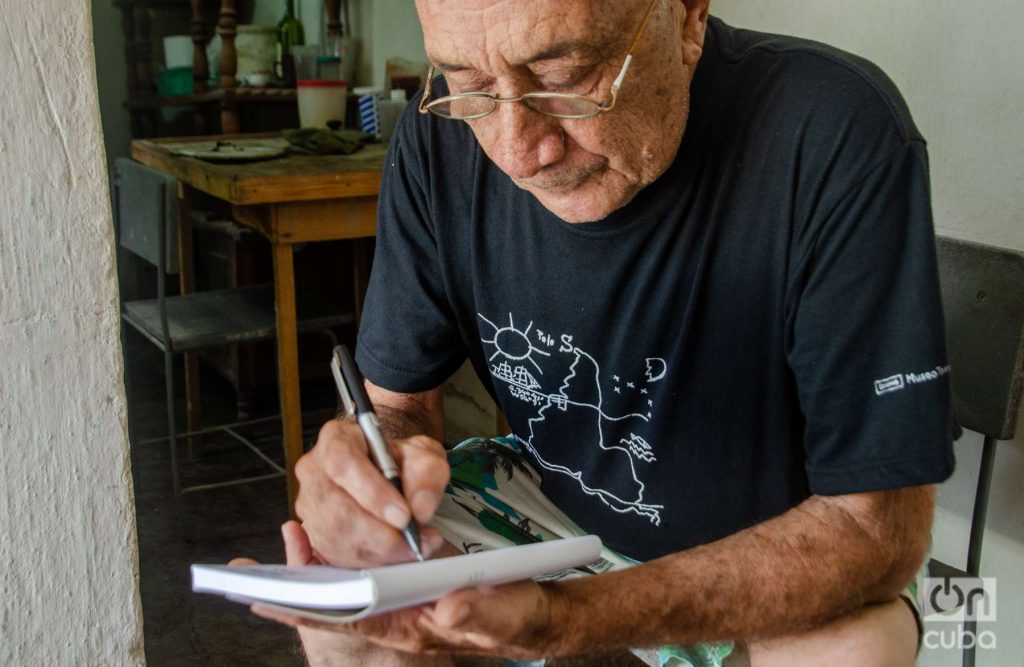



Time had passed and Delfín was still in the same place where he had been photographed for the first time more than a decade ago. His home environment was the same as described by Leandro in the aforementioned interview.
Delfín Prats’s house is noisy, the penultimate place in which a poet would take refuge. Modern construction of cement and plate with the interior painted blue, tiled floor, barred doors and windows, small space, concise. Few usable furniture inside: three bagasse chairs and a defective armchair. From the other side of the wall, in his room-kitchen, an iron bed appears. The rest cannot be seen but he has said it: “I have a radio next to the bed.” And he owns more, a Cuban bicycle, a Creole electric stove, and a cat. He books he hasn’t; not even yours.
His gestures, his smile and even his arms crossed behind his head remained intact. These intimate and fraternal photographs are from that meeting.
